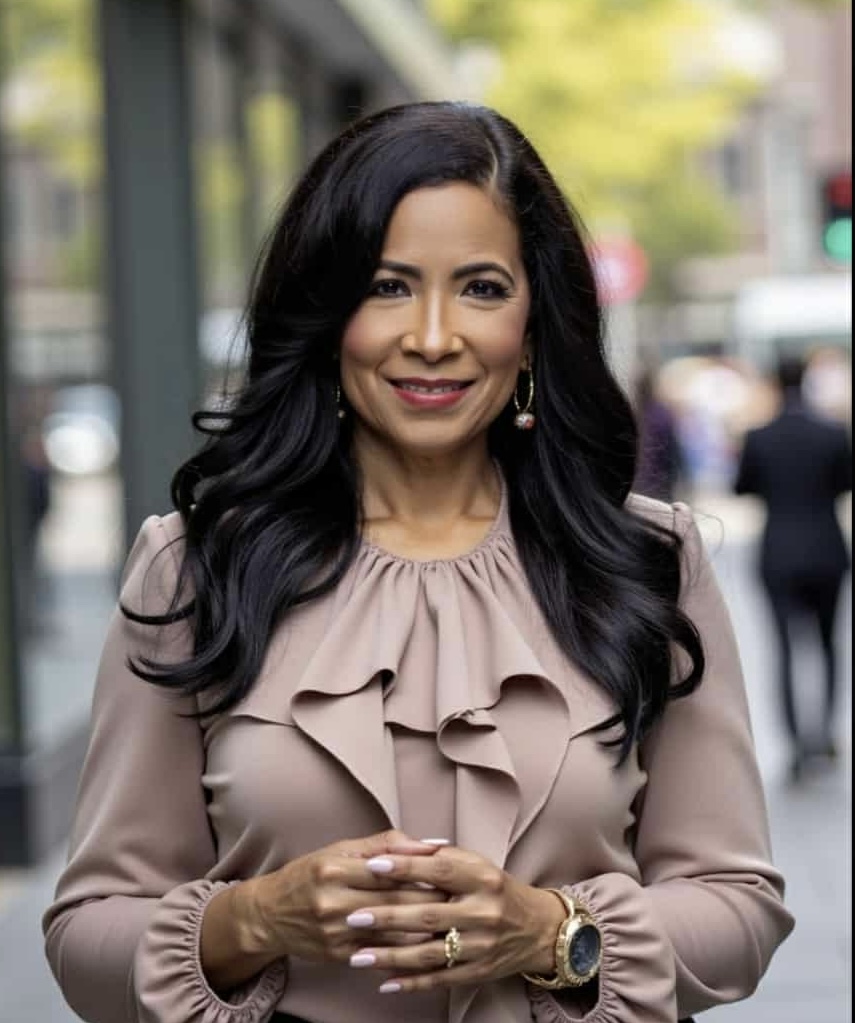 Domestic violence has always been a painful reality, but today, the urgency to confront it feels different. We are living in a moment where hidden abuse is no longer confined to the shadows—it’s being exposed in boardrooms, on social media, in politics, and even in faith communities. Stories of women being demeaned, assaulted, and silenced are everywhere. Yet even in the face of greater awareness, many are still asking: Why does this keep happening? Why are we still here?
Domestic violence has always been a painful reality, but today, the urgency to confront it feels different. We are living in a moment where hidden abuse is no longer confined to the shadows—it’s being exposed in boardrooms, on social media, in politics, and even in faith communities. Stories of women being demeaned, assaulted, and silenced are everywhere. Yet even in the face of greater awareness, many are still asking: Why does this keep happening? Why are we still here?
The answer lies in one word: power.
Power, Control, and Today’s Culture
At its root, domestic violence is not about anger—it is about control. Abusers use power to manipulate, diminish, and dominate. In today’s culture, where power is often idolized, abuse of that power is too often excused, ignored, or minimized. Whether it’s a celebrity covering up scandal, a pastor misusing spiritual authority, or a politician manipulating trust, the outcome is the same: women are left to carry pain in silence.
But silence is no longer an option. If the last few years have taught us anything, it’s that we must collectively decide that abuse of power—no matter where it shows up—cannot and will not be tolerated.
More Than a Private Matter
Domestic violence is not just a private issue happening in someone’s home; it is a societal epidemic. When women are abused, families fracture. When silence persists, entire communities suffer. When powerful abusers go unchecked, systems fail all of us.
This is why these conversations must extend beyond the individual. Families, faith communities, schools, businesses, and governments all have a role to play. Ending abuse requires every layer of society to stand together and say: No more silence. No more excuses. No more hiding behind power.
Recognizing the Full Spectrum of Abuse
In today’s conversations, we must also broaden our understanding of abuse. It’s not only about physical violence. Emotional, psychological, financial, verbal, sexual, and even spiritual abuse are just as devastating. Victims are told they are worthless, denied access to money, threatened into compliance, manipulated with scripture, or shamed into silence. These abuses leave wounds that are often invisible but run painfully deep.
Until we name all forms of abuse for what they are, we risk allowing them to fester under the radar of public awareness.
The Hard Conversations We Must Have
The truth is, change requires discomfort. We must talk about toxic masculinity, about the systems that shield abusers, and about the cultural narratives that blame victims. We must talk about why women who speak up are often vilified while their abusers are protected. And we must talk about why so many survivors feel more fear than hope when considering whether to tell their stories.
These are not easy conversations—but they are necessary ones. Because what we refuse to confront, we allow to continue.
A Collective Call to Action
For survivors, I want you to know: your story matters, your voice matters, and there is hope. For allies, I challenge you: don’t just watch from the sidelines. Speak up, support survivors, and confront abuse wherever you see it. For leaders, I implore you: stop protecting abusers and start protecting the vulnerable.
If you or someone you know is in danger, call the National Domestic Violence Hotline at 1-800-799-SAFE (7233) or text START to 88788. Help is available—confidentially, 24/7. And please, reach out to your local domestic violence centers. They are lifelines of shelter, counseling, and support.
Together, We Break the Silence
The time for whispers is over. We cannot afford to look away or excuse the inexcusable. Domestic violence and abuse of power thrive in silence. But when we stand together—courageous survivors, supportive communities, and advocates for justice—we dismantle the systems that enable abuse and create pathways for healing.
The cycle ends when we confront it. The silence breaks when we refuse to accept it. And the healing begins when we choose to speak, listen, and act—together.
For more resources and advocacy, visit reneehornbuckle.com.



